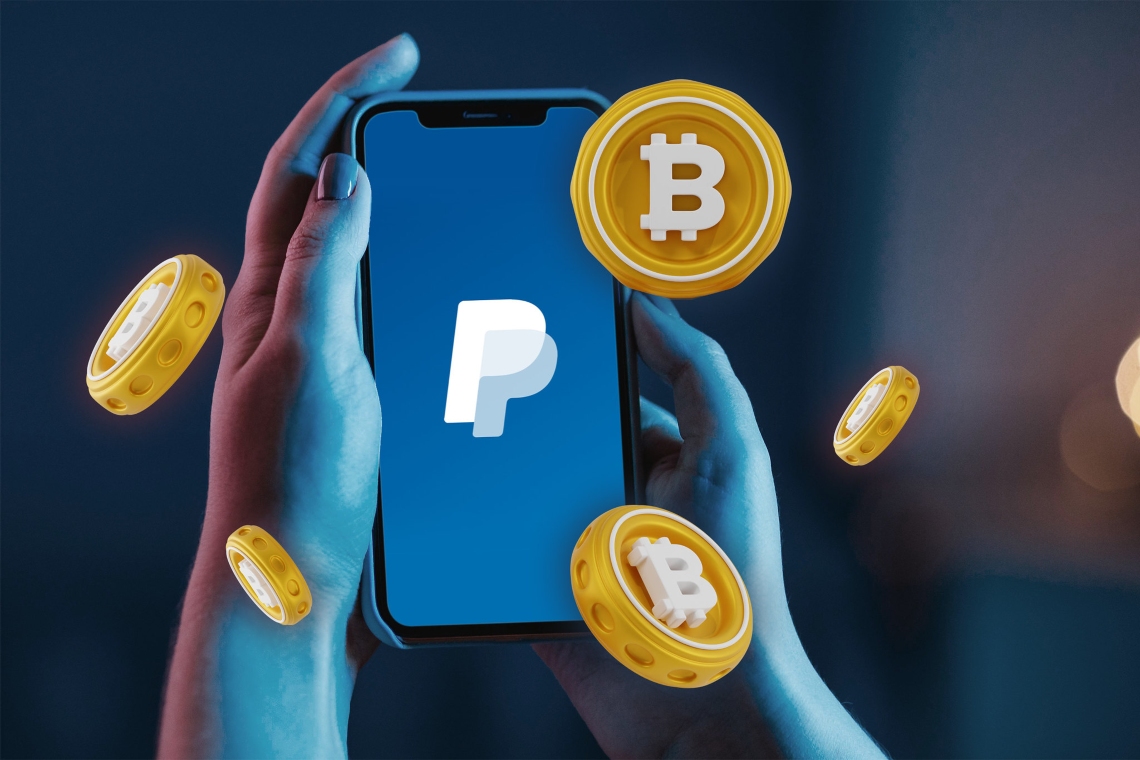After launching in the crypto world in the United States and the United Kingdom, PayPal is also landing in Luxembourg with its crypto services, finally expanding also into the European Union.
It will expand its crypto service to Luxembourg in the coming days, the news was announced by the payments company last Wednesday. This is really important news that marks PayPal’s landing in the European Union. Moreover, Luxembourg already hosted PayPal’s EU headquarters for a long time, so in the near future it could serve as a gateway for the other 26 member countries, precisely, the day the new regulation for cryptocurrencies (MiCA) comes into force.
The new regulatory framework aims to grant companies registered in each individual member state a license to offer their services throughout the EU through an identification registration process. Crypto exchanges Binance and Coinbase have taken this route in recent months. More recently, Nexo and Gemini have registered in Italy.
Summary
PayPal wants to launch into the crypto world across Europe
For a long time, PayPal‘s aim has been to broaden its geographic spectrum by launching its services related to the world of Bitcoin and crypto. The expansion that starts in Luxembourg, which will make cryptocurrency purchase and sale transactions possible, is just the first step toward expansion throughout the European Union.
This is a really important step for PayPal, now a digital payments giant, not only associated with the buying and selling of Bitcoin and crypto, but also related to payment directly with merchants, who use PayPal as a channel.
According to statements from the PayPal group, they are indeed ready to expand their operations outside the United States and would have chosen as the next step in this venture Luxembourg, a European Union country that could serve as a base for the expansion of said services to all European customers:
“The introduction of these services offers Luxembourg customers a new way to explore cryptocurrencies within the PayPal environment. An environment that they know and trust and will also offer them access to educational content that will help them answer frequently asked questions and better understand the opportunities and risks associated with cryptocurrencies.”
When the service is activated, selected customers will have the ability to buy, sell and hold Bitcoin, Ethereum, Litecoin and Bitcoin Cash in their accounts, either through the site or through App.”
We do not yet know exactly when this service will be expanded to Europe.
PayPal offers a service, at least in the US, with higher fees than the market average, and we believe the service will still be unattractive to those already used to using classic crypto exchanges. However, it could be a major step forward for adoption: everyone will have access to at least these four cryptocurrencies through an intermediary they know, to which they have linked their bank account or payment card, and which will also offer the ability to hold these crypto assets at no additional cost. It will not appeal to many, but for just as many it will be an ideal channel to access this world.
Elon Musk’s statements on PayPal are very harsh
Recently former PayPal executives, including Elon Musk have criticized the payments giant, i.e., their old company for its debanking policies, calling their freezing of funds totalitarian, while Elon Musk called it “an episode of Black Mirror.”
Despite becoming pro-cryptocurrency in recent years, the tech giant has earned a lot of headlines and criticism for its debanking practices, which apparently involve a rather abrupt process of freezing funds, fines, and harsh negotiations to unfreeze users’ accounts.
Thiel, a former executive and co-founder of PayPal, observed:
“If the online forms of your money are frozen, it is like economically destroying a person, limiting his or her ability to exercise political freedom of expression.”
In response to The Free Press article, Elon Musk, the current CEO of Twitter, SpaceX and Tesla, said the platform has become like an episode of Black Mirror, a British television series that usually features various dystopian futures in which people are controlled by technology.
Image credit: Paypal and Cryptocurrency, common creative license




